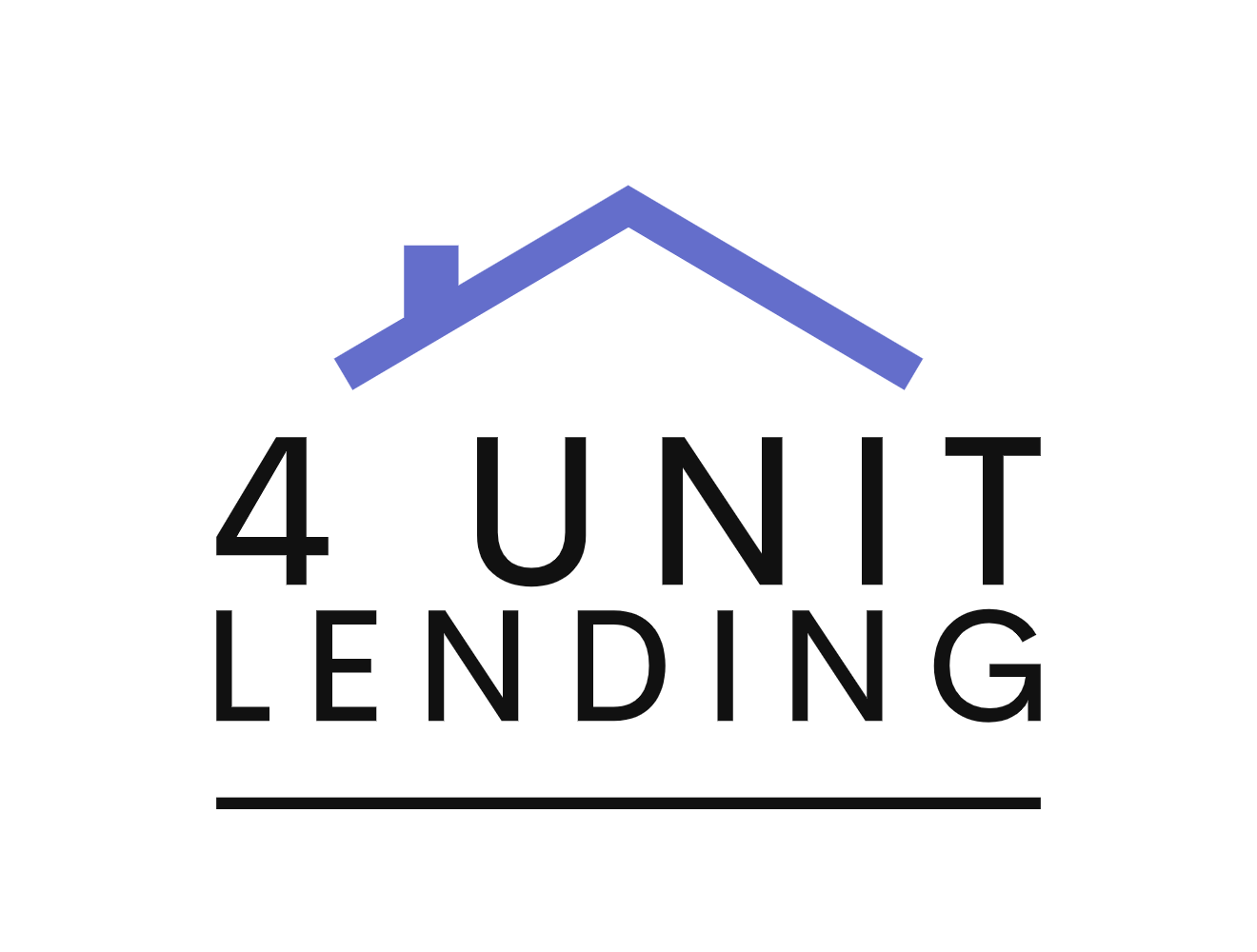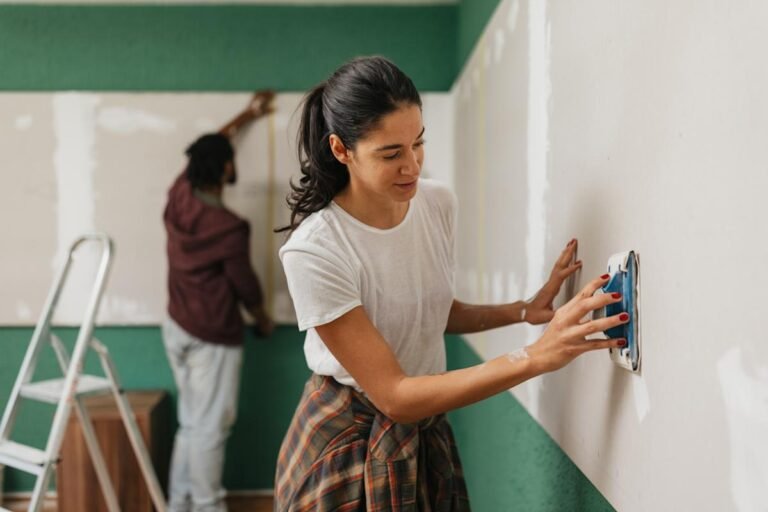A reader plans to buy a fixer-upper home to save money, but they don’t know how much to expect to spend on a fixer-upper house.
Our panel has several tips for figuring out the costs of buying a fixer-upper, both in the short and long term.
“Ask a Realtor” is a monthly column. To submit a question to our panel of Realtors, fill out this Google Form.
Dear Realtors,
I am currently house hunting. Good-condition homes in my area cost $400,000 and up, but I would like to spend about $300,000 on a house. So, I am looking at fixer-uppers. How do I figure out how much a fixer-upper should cost compared to a turn-key home?
Thank you,
Frugal Fixer-Upper
Portland, Oregon
Dear Frugal Fixer-Upper,
Congratulations on your upcoming home purchase! It sounds like you’re being smart in your approach — trying to build equity and wealth while still focusing on finding a house you can afford.
Our Realtors have quite a few tips for figuring out how much it will cost to buy a home that needs some love, and they share a common theme: Consider not only the short-term savings when buying the house, but also the long-term costs of renovating the home. Let’s dive in.
*Note: Some answers have been edited for length and clarity.
“There are several ways you can approach this, but I think the best way is to first identify a trusted real estate professional as well as a trusted licensed and insured contractor. As you and your agent identify homes of interest, have them run comparable sales (comps) to see if your investment in that home is wise at the sales price of $300,000, and during a walk-through of the home, have your trusted contractor come along so they can begin to ballpark quote you the cost of doing the desired renovations. If the numbers make sense after understanding the comps and the true cost of the work, then it is a worthy candidate to consider purchasing.
“I think having a trusted contractor is key because not only will they give you a professional opinion on the cost of your desired updates, but they can also identify potential ‘hidden expenses’ the home might not have, such as out-of-date/not up-to-code electrical, plumbing, or even defective materials that have been used in a prior renovation — things that aren’t always obvious but can be costly.
“In terms of what the house ‘should cost’ — leave that to the trusted real estate professional you hire to tell you what that fine balance of what to pay for the home versus what to pay at most for the renovation to be.”
“The good part about your question is that you’re not wanting to sell the home once you’ve done renovations. You’re fixing the home up for yourself, so you’ll save a lot of extra steps.
“Here are the first steps to take: Hire a reputable contractor with great reviews. Once you find a home that you’re serious about offering, tour it and make a list of what you want to have done to the house.
“With your list in hand, invite the contractor to go on the second home tour with you so they can see your vision for the home. Then, the contractor will have the opportunity to complete an estimate of renovation costs, including materials, labor, and an estimated time of completion. Also, ask if it saves money for you to purchase some or all of the materials instead of going through their company. (It never hurts to ask.)
“After you and your Realtor have placed an offer and your offer is accepted, have your home inspection ordered and done by a qualified inspector, which will give you the information you’ll need regarding any potential repairs or issues with the home. Look into specialty inspections as well, such as foundation, roofing, and plumbing. Leave no stone unturned. The extra inspection investment is worth it for you and your family.
Read more: How to make an offer on a house
“I had a buyer looking at a home for $320,000 and one for $395,000. By the time she listed all of the things she wanted to get fixed, we were at $380,000. The higher-priced house had everything done AND an extra bedroom.
“If your must-haves are just vinyl flooring and paint, you could be finding a diamond in the rough. Paying for substantial renovations (electrical work, plumbing, and exterior siding) with high-interest credit cards can quickly erase any potential savings. If your credit card interest rate is higher than your mortgage interest rate, the total interest paid on repairs could make the fixer-upper project more expensive in the long run than buying a turn-key home financed entirely through a lower-rate mortgage.”
Keep learning: The best mortgage lenders for low down payments
Kathleen Myers, Realtor with RE/MAX in Portland, Ore.
“Fixer-uppers can be a smart way to stretch your budget. The biggest factor in determining what a fixer-upper should cost is the scope of work needed. There’s a big difference between homes that just need cosmetic updates — like fresh paint or new flooring — and those that require major repairs such as foundation work, a new roof, or updated electrical and plumbing systems. It’s important to figure out what kind of fixer you are willing to take on, and what those repairs might realistically cost in your area.
“Another route you might want to explore is a renovation loan, sometimes called a rehab loan. These are designed specifically for buyers who want to purchase homes that need work, whether cosmetic or structural. They let you finance both the purchase and the repairs through one loan, based on the home’s future value after renovations are complete.
“You will need contractor bids early in the process, and the loan does involve some extra steps, but it can be a fantastic way to bring a fixer back to life! I would recommend reaching out to a real estate agent who has experience with this kind of purchase and strong relationships with lenders specializing in rehab loans. They can help connect you with the right professionals, walk you through the process, and make sure you’re making smart choices from start to finish!”
Learn more: How to use an FHA 203(k) loan to renovate your home
**Note: Rosa Galarza, Realtor with eXp Realty in Nashville, could not contribute to this month’s column.

